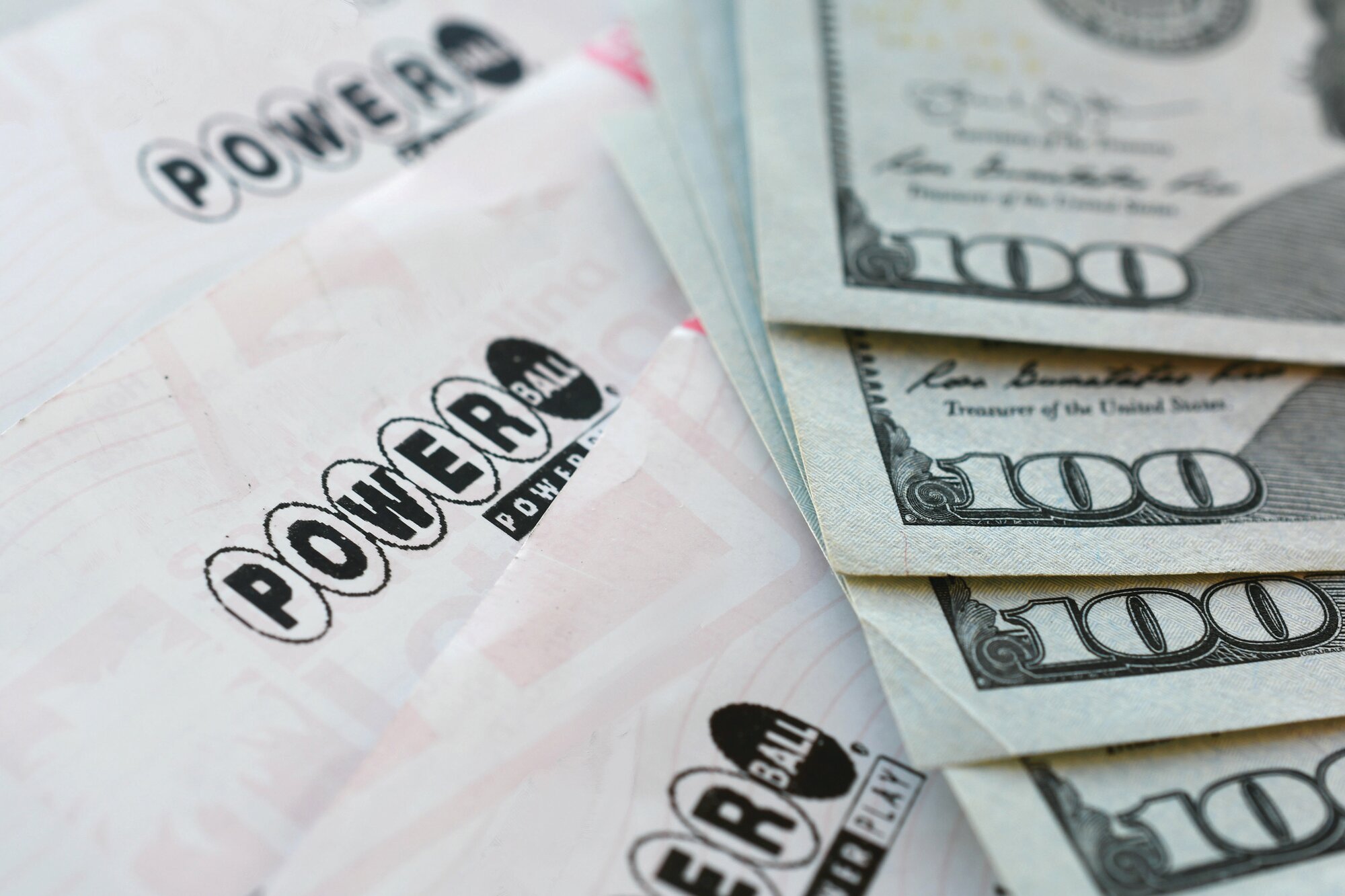Nearly $2 billion up for grabs as Mega Millions and Powerball jackpots soar
Associated Press
The stars have aligned in the lottery universe like never before, with two jackpots totaling nearly $2 billion.
With an estimated $1.1 billion Mega Millions prize and an estimated $800 million Powerball jackpot, it's the first time the two nearly national lottery games have each grown so large at the same time.
Both massive prizes are the results of months without a big winner, but the larger jackpots entice more people to play the games, increasing the chance that someone, somewhere, will finally hit it rich.
WHEN ARE THE DRAWINGS?
Up first is the Powerball drawing on Monday night, followed by Tuesday night's Mega Millions drawing. If there isn't a winner, the next chance to win Powerball will be Wednesday night and the next drawing for Mega Millions will be Friday night.
TWO MASSIVE PRIZES
Lottery prizes have been larger than the current jackpots, but it's the first time both games have offered top prizes of $800 million or more since the games were created decades ago.
The prizes have grown so big because it has been months since anyone has won a jackpot.
The last Mega Millions jackpot winner was on Dec. 8. Since then, there have been 30 consecutive drawings without a winner of the grand prize. No one has won the Powerball jackpot since Jan. 1, making for 35 consecutive drawings without a big winner of the game, which holds three weekly drawings.
The Mega Millions prize ranks as the 10th largest in U.S. lottery history and is about half the size of the largest jackpot, a $2.04 billion Powerball prize won in November 2022.
"There's always an air of excitement around the country when the Mega Millions and Powerball jackpots soar simultaneously," said Gretchen Corbin, president of the Georgia Lottery Corporation and lead director of the Mega Millions Consortium.
THE DISMAL ODDS
It's no mystery why months have passed without a jackpot winner — the odds of snagging the big prizes are terrible.
For Mega Millions, the odds of matching all six numbers are 1 in 302.6 million. Powerball has slightly better odds of 1 in 292.2 million.
To put those odds in perspective, lottery officials note that after a win when jackpots reset at $20 million, total ticket sales typically cover less than 10% of all the possible number combinations. As jackpots climb to $1 billion or more, sales increase dramatically but still usually cover only about half of the possible combinations.
That means, there is still a good chance no one will hit a jackpot.
Of course, millions or people do win smaller prizes that range from $2 to $2 million. Players of both games have about a 1 in 4 chance of winning some kind of prize.
And remember, regardless of how large jackpots grow, the odds of an individual ticket winning never changes.
THE WINNINGS
As massive as the jackpots are, winners should brace for much smaller payoffs than the figures advertised on billboards.
That's because the state lotteries that run the games promote the total payoff if the prize is paid through an annuity over 30 years. That figure is now roughly double the cash prize, which nearly all winners choose because they want to invest the money themselves rather than opt for a defined payout.
For Mega Millions, that means the $1.1 billion jackpot actually would pay out an estimated $525.8 million cash prize. For Powerball, the $800 million annuity prize would mean an estimated $384.8 million cash prize.
Those prizes will be subject to federal taxes, and many states also tax lottery winnings. There also is a chance that multiple players will hit a jackpot, which would then be split between the winners.
THE GAMES
Mega Millions is played in 45 states plus Washington, D.C., and the U.S. Virgin Islands. Powerball also is played in those states as well as Washington, D.C., the U.S. Virgin Islands and Puerto Rico.
The Mega Millions numbers are drawn at a TV studio in Atlanta and Powerball draws numbers at a Florida Lottery studio in Tallahassee.
Profits from the games fund state programs.
More Articles to Read

